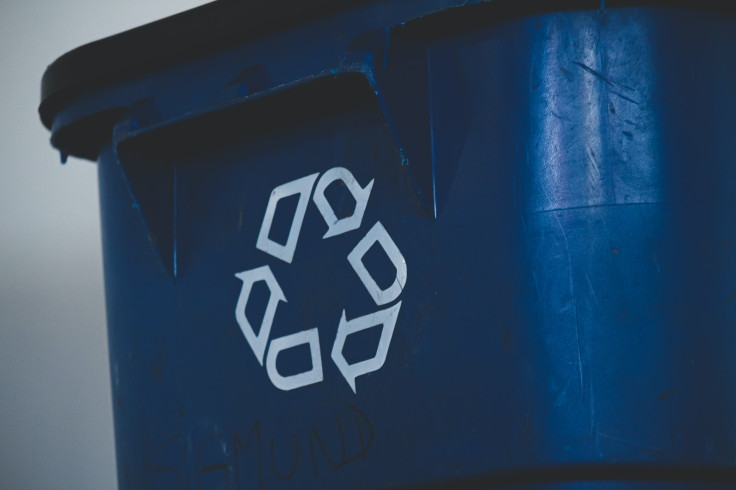COP28: Voluntary Recycling Credits Initiative Launched To Help Reduce Solid Waste

In the wake of 2 billion tons of municipal solid waste produced by individuals every year, the Voluntary Recycling Credits (VRC) Initiative was launched on Wednesday during the COP28 summit.
Behind the launch of this initiative, dubbed the first global incentive aimed at reducing solid waste, was an international consortium led by Roland Berger and BEEAH Group in collaboration with the DFINITY Foundation and the International Solid Waste Association (ISWA).
Hani Tohme, managing partner of Roland Berger's Middle East office, spoke about the initiative, saying it was "built to solve a concrete market gap: with the private sector setting more commitments towards net-zero and circularity, we also acknowledge major barriers to deliver on it," WAM reported.
He went on to share that the VRC initiative will ensure double-counting, transparency and cost-effectiveness, as the solid waste issue will be tackled with the help of both the private and the public sectors using a cross-national approach and a cooperative mindset.
"Involvement from different stakeholders across countries and multiple layers of the value chain is a crucial part of the VRC value proposition, which aims at a joint effort to shape the future industry standards," Tohme added.
Expected to make a significant impact on and transform global recycling practices, the VRC Initiative was first announced by Roland Berger, BEEAH Group and ISWA during the Intergovernmental Negotiating Committee on Plastic Pollution (INC-2) held in Paris in May 2023.
Khaled Al Huraimel, CEO of BEEAH, explained that the group has been working toward "a zero-waste to landfill future," which will be closely "linked to fulfilling the UAE's Net Zero by 2050 Strategic Initiative and broader sustainability agenda."
The BEEAH chief explained that the group is increasing landfill waste diversion rates, accelerating the circular economy and supporting lower emissions in the Middle Eastern country, and now, it wishes to do similar things across the world.
"The VRC Initiative is a standardized incentive that is inclusive of all stakeholders across sectors, from waste collectors and recycling companies to large organizations who are committing to addressing the environmental impact of waste produced in their operations," Al Huraimel added.
While individuals produce around 2 billion tons of municipal solid waste every year, other activities in industrial, electronic, agricultural and other economic sectors generate around 17-18 billion tons. Half of this waste is managed, but the other half contributes to environmental damage through landfilling, dumping and burning, therefore impacting soils, water resources and air quality.
© Copyright 2023 IBTimes AE. All rights reserved.





















